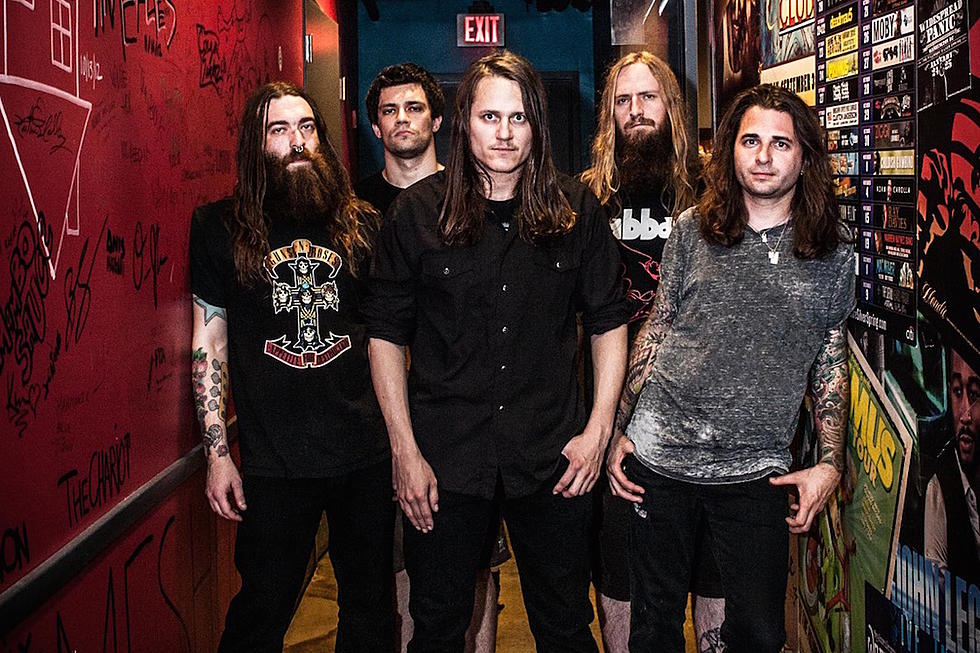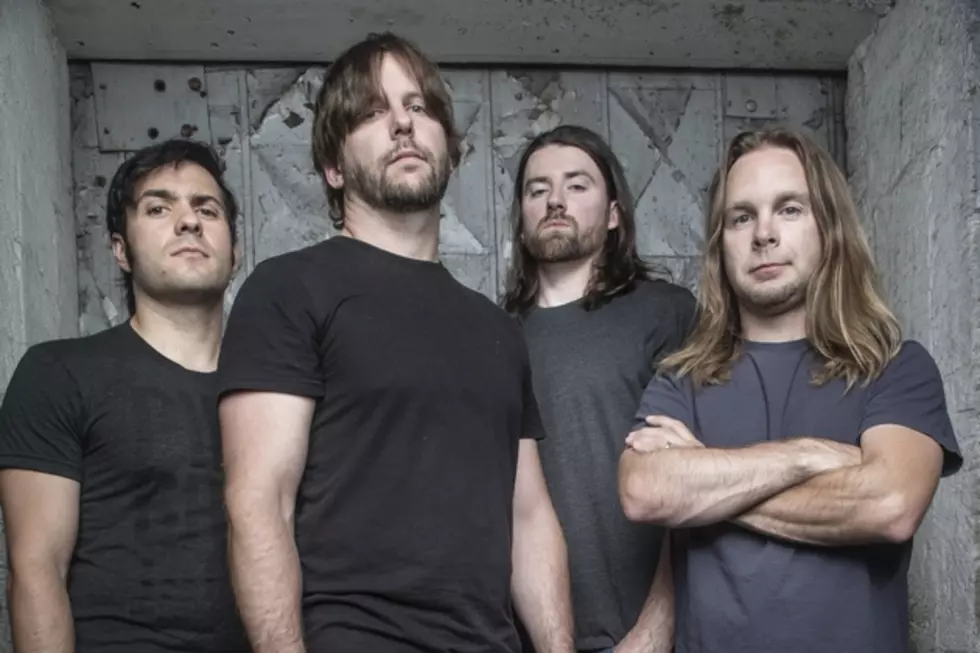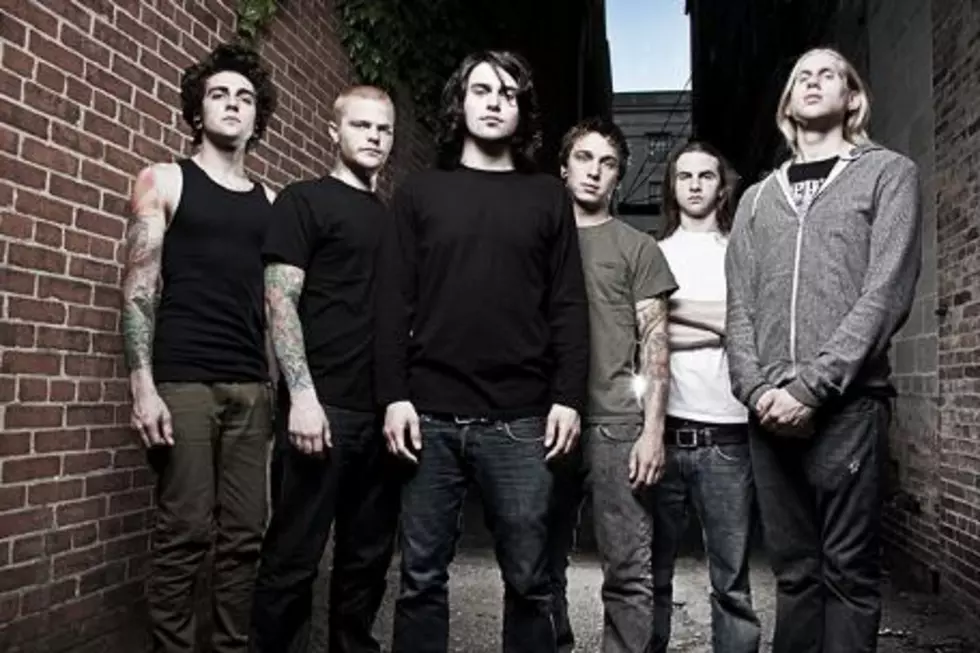
Roadside Monument’s ‘Eight Hours Away from Being a Man’ — Rediscovered Steel
 Somewhere in between a rolling feedback that devours and an argument between melodies and a collapse of form lies Roadside Monument, a band that fell in the wrong place wrong time -- an epidemic that deadens bands to become ghosts only valued on ebay.
Somewhere in between a rolling feedback that devours and an argument between melodies and a collapse of form lies Roadside Monument, a band that fell in the wrong place wrong time -- an epidemic that deadens bands to become ghosts only valued on ebay.
Formed in Seattle in 1994, originally as a hooky four piece, Roadside Monument's time considered to be groundbreaking came after vocalist/guitarist Doug Lorig reconstructed the band as a three piece joined by recently-relocated bassist Johnathon Ford and drummer Matt Johnson.
Living and practicing in the same house in 1997, the three would create hard to generalize songs -- though often referred to as math rock -- that harmonized chocking floods of dissonance with lumbering tranquility that became the cult admired 'Eight Hours Away from Being a Man' album.
After a third album, the band broke up, only reunite in 2002 for one year before putting the band to rest for good. In that year, Roadside Monument took hold of a fan base larger than the one they had first time around -- and nearly shook the stigma of being on a Christian label that always kept them three steps from where they should have been.
Recently, Noisecreep caught up with Doug Lorig and asked him about the influential album, the band's break ups and on being caught in the net of religious ideals that had nothing to do with the band.
The performances at Cornerstone Festival in 1997 were seen as the shows that really defined what could be expected from a Roadside show. How did the band end up playing twice?
We actually weren't invited to play Cornerstone that year. We just showed up and said, "Well figure some way to get on something." I remember I was super opposed to it; I didn't want to go there. I was like, "We're not invited. I'd rather go home." I was actually bought off to play that show in a weird way. We we're in the middle of a tour, and just prior to that tour I had just bought a new amp. I bought a Marshall but I didn't know much about Marshalls, so I ended up buying the worst one possible. So we got out on this tour, and John Ford always played out of this massive SVT stack, and I couldn't keep up with him volume-wise.
When we got out to the East Coast, we were staying with the Frodus guys, and it was one of the guys that plays in Darkest Hour now -- I think he still plays in that band -- and he told me there was this place in Baltimore that had the best deals and would trade in on something. I didn't even care if I got something that was cheaper, because I just needed something louder. We got in there and they had this Hi-Watt amp, and I had always wanted a Hi-Watt. Roadside was doing pretty decent on that tour, so the guys in the band were like, "If you'll play Cornerstone we'll let you take band money out and buy that amp." And they knew better than I did.
We got on one stage during the day because one band canceled, and we talked the Stavesacre guys into letting us play a three-song set before they played and we sold -- gosh -- I think it was 200 CDs in two days. That's was way more than we ever sold at any show, so I ended up feeling like a big idiot because we garnered quite a lot of buzz from playing just those two shows; though I think people we're like, "What the hell is this before Stavesacre?"
The band had changed so much in between records, going from a five piece to a three piece and morphed from an indie rock sound to more of a controlled chaos. Was the change in writing 'Eight Hours' a natural one, or did it take time?
At that point I didn't know if I wanted to keep Roadside going as a three piece so we actually tried out Eban [Haase], who played in Blenderhead with Matt, to maybe have him take over on guitar. And when we tried him out at practice, me, John and Matt started working on a couple of things. At that point, I was like, "I kind of wish Eban wasn't here at the moment, because I'm just digging the stuff were writing with the three of us."
We actually wrote that album pretty fast. We would get into these songwriting rhythms where we would write four or five songs in two months and developed a chemistry pretty fast. It just wasn't hard, because Matt's an amazing drummer and Johnathon Ford is an awesome bass player, and I always thought I was the sloppiest guy in the band.
I guess you could say it was controlled chaos but everything in the band was pretty plotted out. The difference between the first two records is obviously member changes but also better musicianship in that John came from a little bit more of a hardcore background, so he just brought a lot of feedback noise to it, and with that I felt it became a lot less poppy and more aggressive.
The album's artwork of the preacher swaying with a gun was a powerful one, and one people still want want in a big form paying decent dollars for old album posters online. How did the band end up with that painting as the album's cover?
John Ford had this book -- I think they had it up at the Tooth and Nail offices -- of this guy who just did a lot of Dungeons and Dragons type of artwork. He was looking through this book, and I can't remember if we both saw it the first time, but that artwork was completely different from any artwork that guy did. We saw that picture and thought that would be a really killer record cover.
So somebody at Tooth and Nail got a hold of the guy and asked how much it would cost to use the picture for the front cover. I think it was $500, which wasn't that much money. That's kind of what I remember, but we centered the artwork kind of around that picture and the rest was loosely put together graphic design. Front cover looks cool so everything else felt secondary.
Did you guys ever regret being on a Christian label?
We started regretting being on the label probably when we started booking our first tour. We were kind of the first band from Tooth and Nail to not play at churches and Christian coffee houses. I mean we really never considered ourselves to be a Christian band anyways, but it was really forbidden for some band on Tooth and Nail to go play a bar, and we were like, "What do we care?"
I booked our second tour, and at that time I started realizing the stigma attached -- and rightfully so -- because there were some really horrible bands on Tooth and Nail, so people had a big stigma on Christian bands. There were a lot of places that wouldn't even give us the time of day, because they saw the Tooth and Nail thing on the record, but the few that did and saw us live they were, "Oh this band isn't that bad." But now I look back and [Tooth and Nail] gave us the means that no one else at that time would to help us get our name out there.
We we're really hoping to put out the third record on Jade Tree. We put out the second record and Tim Owen of Jade Tree had kind of become friends with [Brandon Ebel] at Tooth and Nail, because he did a lot of photography for Tooth and Nail, and he really got into Roadside. He'd come to our shows and say, 'I'm putting your guys' next record out. I'm talking to Brandon, and I'm gonna make it happen.'
I think we had one more record on our contract with Tooth and Nail, and who knows what happened behind the scenes, but Tim said we should just do the last record on Tooth and Nail. The problem was, once Tim heard the stuff we'd written for the third record, he wasn't into it.
Did being on the Crank! comp along side bands like Drive Like Jehu help break the stigma?
A little bit. We were able to put in our bio that we were on a comp with 'these bands.' It helped us get out of the mold a little bit, but there was always murmur behind the scenes that, "Oh, they're on Tooth and Nail." I think now people are way more open-minded, but at that time Tooth and Nail was not a cool label to be on, at least in the scene we were trying to break into.
Looking back on it all, what memory really sticks with you as a cherished one?
I think some of the memories are of the friends and the times. It was really nice when we got back together, because I felt like we had a moment. We played our first show at The Paradox Theater in Seattle, and I was like, "I'll be shocked if there is 150 people here." And actually it ended up being sold out. Getting on stage at that moment and getting a roar of applause from the audience before we even started felt like all those crap shows we played and playing the Christian shows were the kids absolutely hated us ... it felt like we had a moment where we got rewarded for an hour and half.
Roadside actually was doing really well around the time that Johnathan left and we broke up. We were always like, "If we could just get 100 people at a show in every city that we go to, we would be in hog heaven." Our dreams were super modest. We were actually starting to get to that point right before we broke up, which I thought was kind of lame that we started to get close to that, and then we broke up.
I really felt if Roadside would have stuck around for about a year or two, we would have started to do even better than that. It is what it is.
When the band reunited, there were a handful of new songs. With the band breaking up on good terms, why weren't those songs ever recorded?
We actually demoed up some of those songs, but most of them don't have any vocals, 'cause the guy that was recording them for us bolted town, and it was really hard to get the mixes from him before he moved back to New York.
I know that Matt had something to me about a year ago about how we should get together and record those songs, because it's a shame to not ever let them be recorded. I was into the idea, but I don't know if he ever got anywhere with Johnathon or not.
More From Noisecreep
